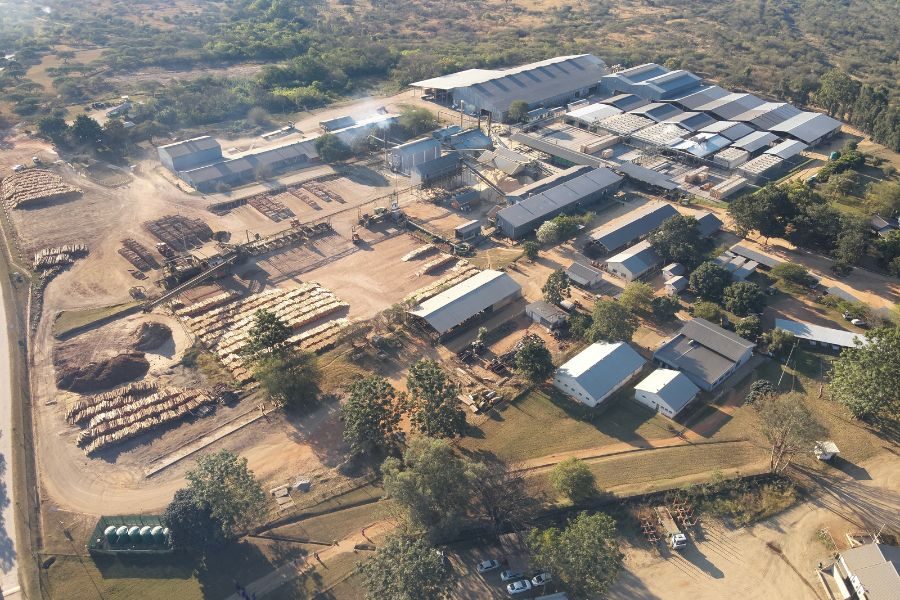Sappi Southern Africa’s sale of the Lomati Sawmill to Normandien Farms is more than a business transaction—it’s an example of how responsible corporate action can protect jobs, sustain local economies, and open new opportunities for enterprise and skills development.
The Competition Commission’s unconditional approval clears the way for the handover on 1 September 2025. All existing Lomati employees will remain in their roles, ensuring income stability for households in the Umjindi community. By transferring the business as a going concern, Sappi is safeguarding livelihoods while enabling a new owner to invest in growth and transformation.
Normandien, which operates in sawmilling under the Tekwani brand and owns the Thirsti bottled water business, has a strong track record in growing local operations and integrating supply chains. Its acquisition of Lomati creates scope for increased participation of local SMEs in the timber value chain—an important lever for Enterprise and Supplier Development (ESD) in the region.
Sappi Southern Africa CEO Graeme Wild said the deal allows the company to focus on its core product segments while ensuring continued economic benefits for Mpumalanga through its forestry operations. Normandien CEO Sean Hoatson added that the mill’s future plans include exploring innovation and expansion, which could lead to more procurement opportunities for small businesses and skills transfer to the next generation of industry workers.
The Lomati Sawmill, producing SABS-approved kiln-dried pine lumber for the building, furniture, and packaging industries, has been a pillar of the local economy since 1971. With Normandien’s investment, the business has the potential to become a stronger contributor to community upliftment, sustainable employment, and inclusive economic growth.




